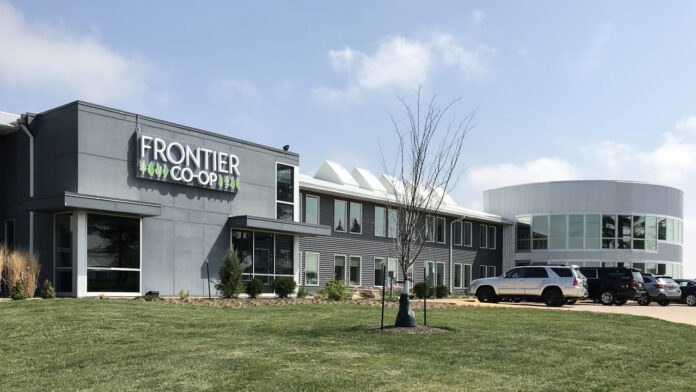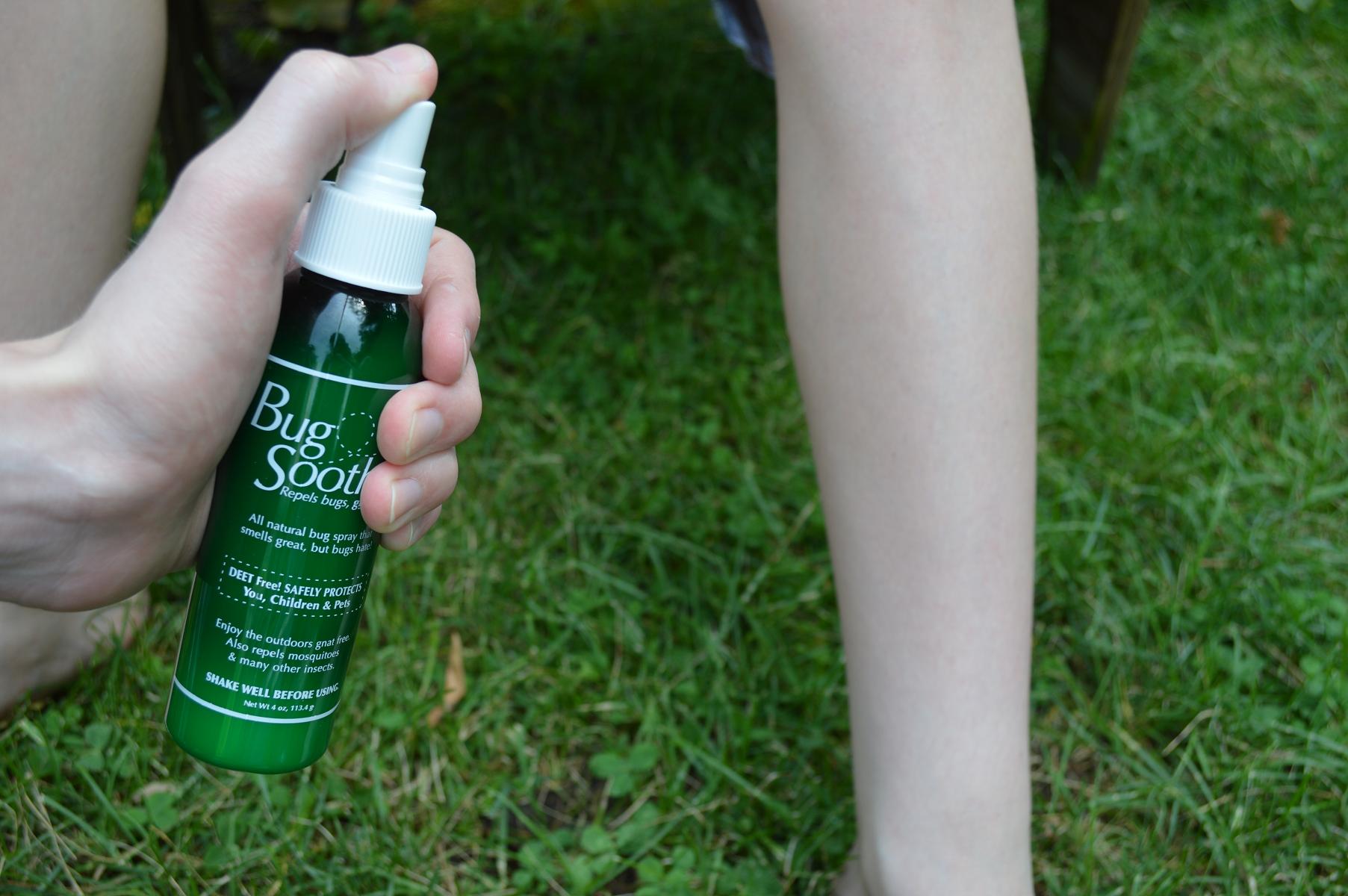
This article was originally published July 27, 2015. The CBJ is revisiting some of the biggest stories from the last 20 years, in celebration of our anniversary.
Frontier Natural Products Co-op is embarking on the most ambitious expansion in its history to stay on top of a growing appetite for natural, organic and sustainable products.
The Benton County-based co-op revealed plans this month to invest $15.8 million and create some 45 jobs in three separate projects around the county to expand capacity.
The largest project is in Belle Plaine, where Frontier expects to hire 16 and invest $2.8 million to transform the former Magna International plant, vacant since 2009, into its main warehouse and distribution hub.
Frontier also plans to invest $8.4 million to add a bottling line and renovate its food and flavorings facility near Norway, and $4.4 million for more climate-controlled space and a new bottling line at its personal care products facility in Urbana. The investments will lead to a total of 29 new jobs between the two communities.
“There’s just this sense of excitement there right now, with the jobs they will create,” said Emily Upah, executive director of Benton Development Group. “The community is well aware that this is a big win not only for Belle Plaine, but for all of Benton County.”
Frontier was a pioneer in natural and organic herbs and other products when it began 39 years ago, selling herbs in bulk quantities to independent retailers. It now sells more than 2,000 SKUs of packaged and labeled products, giving it one of the largest selections of any supplier in the natural and organic market.
Although that market has grown consistently at rates over 10 percent for years, a new dynamic recently emerged, according to Frontier CEO Tony Bedard.
“What we’ve seen lately is that mainstream, conventional retailers are wanting to get in that game,” Mr. Bedard said in a recent interview at Frontier’s Norway headquarters. “The category is growing, and you don’t see that in conventional [food product lines], so if you can get your food to grow 10 percent … that’s a big deal.”
Frontier sells flavorings and food products under the Simply Organic Brand, and personal care products under the Aura Cacia brand. Sales of essential oils, which make up more than half of Frontier’s personal care business, have skyrocketed. Highly fragrant yet natural, the oils are in high demand from do-it-yourselfers who use them to mix their own cleaning products, essential oil diffusers and other formulas without suspect chemicals.
Beyond those mainstay products, Frontier has introduced products such as Revive scented body cloths and organic baking mixes.
“On the personal care side, we’re seeing growth in the upper 20s into 30 percent,” Mr. Bedard said. “Those are numbers anybody dies for. So that’s why you see companies like CVS and Walgreens bringing those kinds of things in.”
Co-ops, the core of Frontier’s market, continue to buy more products through their own purchasing groups, while specialty retailers such as Whole Foods, Sprouts Farmers Market and Natural Grocers Growth are growing rapidly.
Access to information about what’s in food and personal care products and where it comes from has also changed the consumer mindset, according to Mr. Bedard.
“I think the reason you’re seeing both of those things continue to have resiliency and accelerate is that people care about what they put in their bodies and they care about what they put on their bodies,” he said. “The Internet makes us either really smart or really dumb. It allows us to have a lot of information.”
Frontier’s history of supplying organic and natural products in a sustainable and responsible way has earned it a great deal of trust supplying the growing market, Mr. Bedard said. Frontier was not only one of the first Fair Trade-certified suppliers, but earlier developed its own responsible trading program, Convert, and was instrumental in creating a Fair Trade market for vanilla.
Frontier’s philosophy emphasizes long-term outcomes over short-term returns and doing the right thing, even if it means pulling out of relationships that cost it revenue, Mr. Bedard said. It also means correcting mistakes and correcting the practices that led to them.
“Transparency, honesty and integrity are things our customers expect,” Mr. Bedard said. “They hold us to a very high standard.”
The co-op experienced a compounded annual growth rate of 14 percent over the past five years, and finished out its last fiscal year up 21 percent, to $164 million in revenue. The last three years have been the best financially in the co-op’s history, Mr. Bedard said, and employment is expected to exceed 500 next year, up from about 250 five years ago.
Such a high rate of growth has placed strains on the co-op’s staffing and supply chain as it serves its 17,000 active members. With the expansion project, Frontier is trying to fill positions for order processing personnel in Belle Plaine, production staff in Urbana, and everything from a chief financial officer to buyers in its Norway headquarters.
Demand has also placed an industry-wide strain on supply, particularly for botanicals, or naturally and organically grown spices and herbs. Mr. Bedard said many products are grown by small producers around the world.
The grower base is not only limited in capital for expansion, Mr. Bedard said, but is subject to political instability and weather-related crop failures. Frontier has built strong supplier relationships around the globe through its Fair Trade practices, and a giving program called Well Earth, which provided $330,000 in grants in 2014 to meet the specific needs of suppliers around the world. The program has funded projects like a school for the children of women who grow Ylang Ylang flowers in Madagascar and traveling health and dental clinics for cardamom growers in Guatemala.
Frontier confirmed its expansion plans this month as the Iowa Economic Development approved a set of incentive for the projects. In addition to state incentives under the High Quality Jobs Program, local assistance is being developed by a partnership of local governments and development agencies including the Benton Development Group, Cedar Rapids Metro Economic Alliance, the cities of Belle Plaine and Urbana, and others.
“In the whole process, all of us are working together as a team,” Ms. Upah said.




